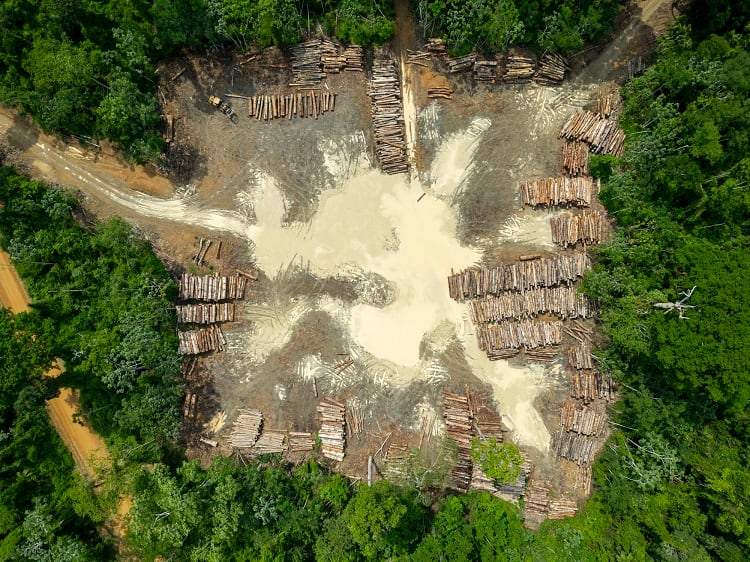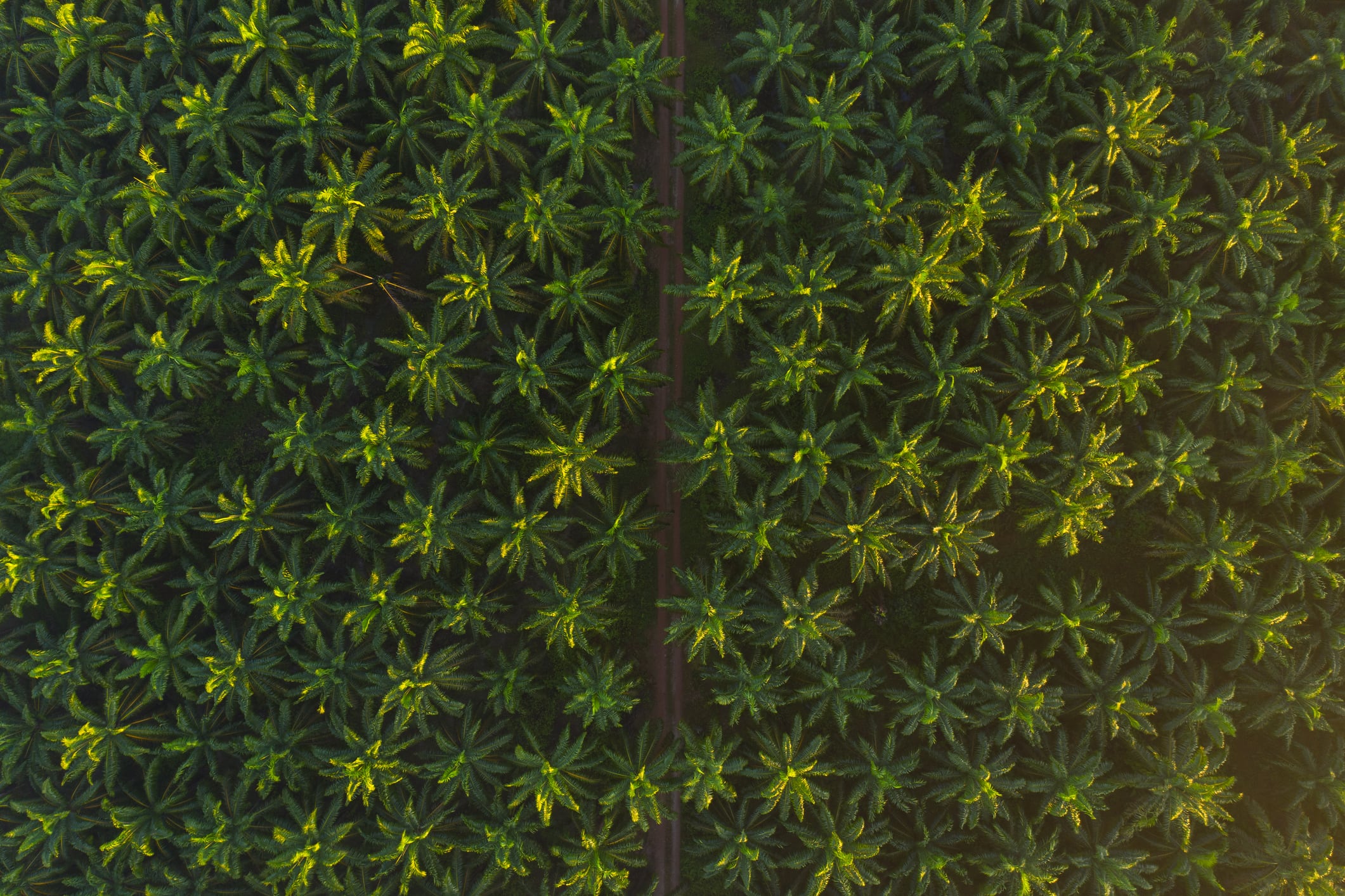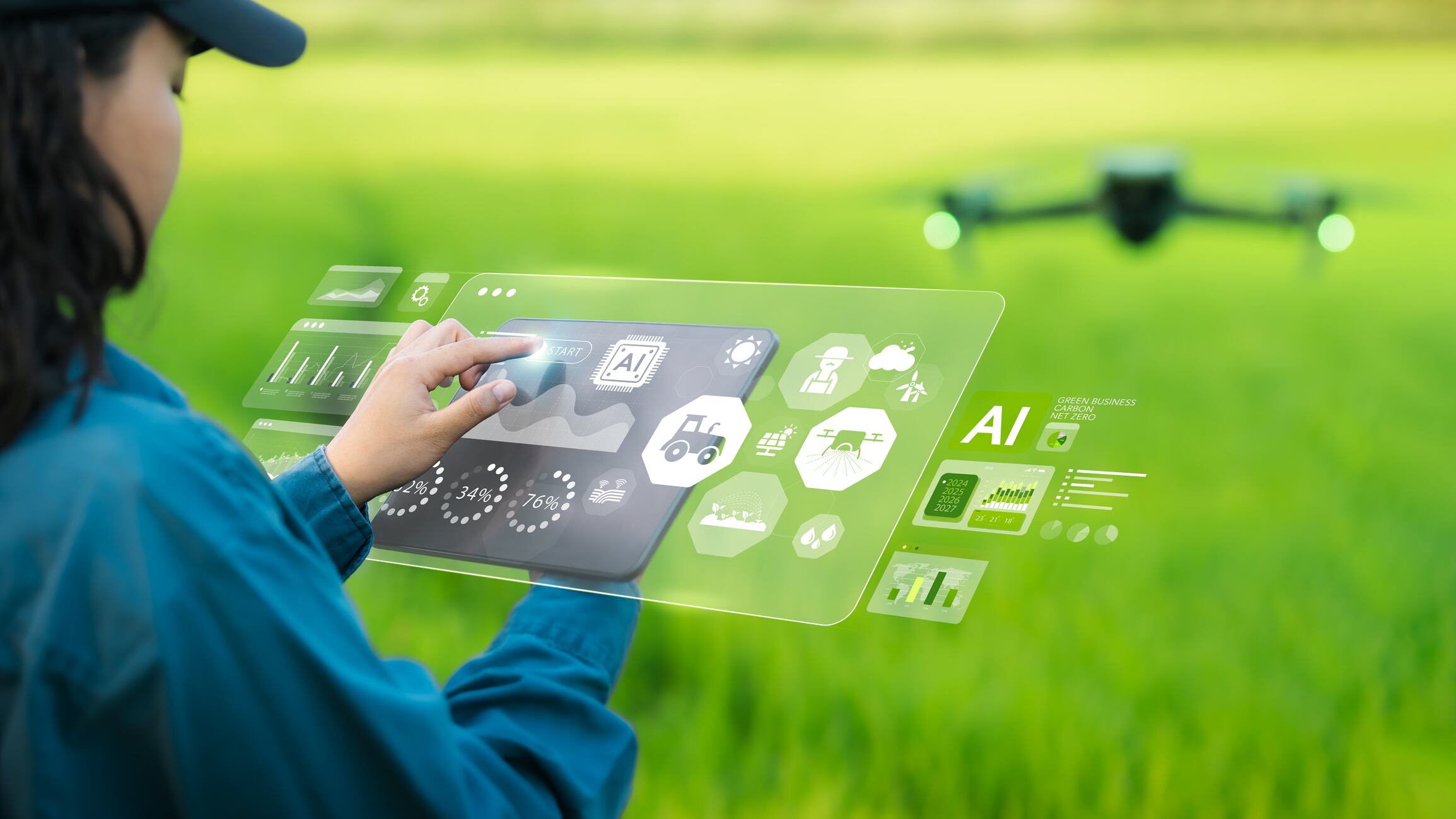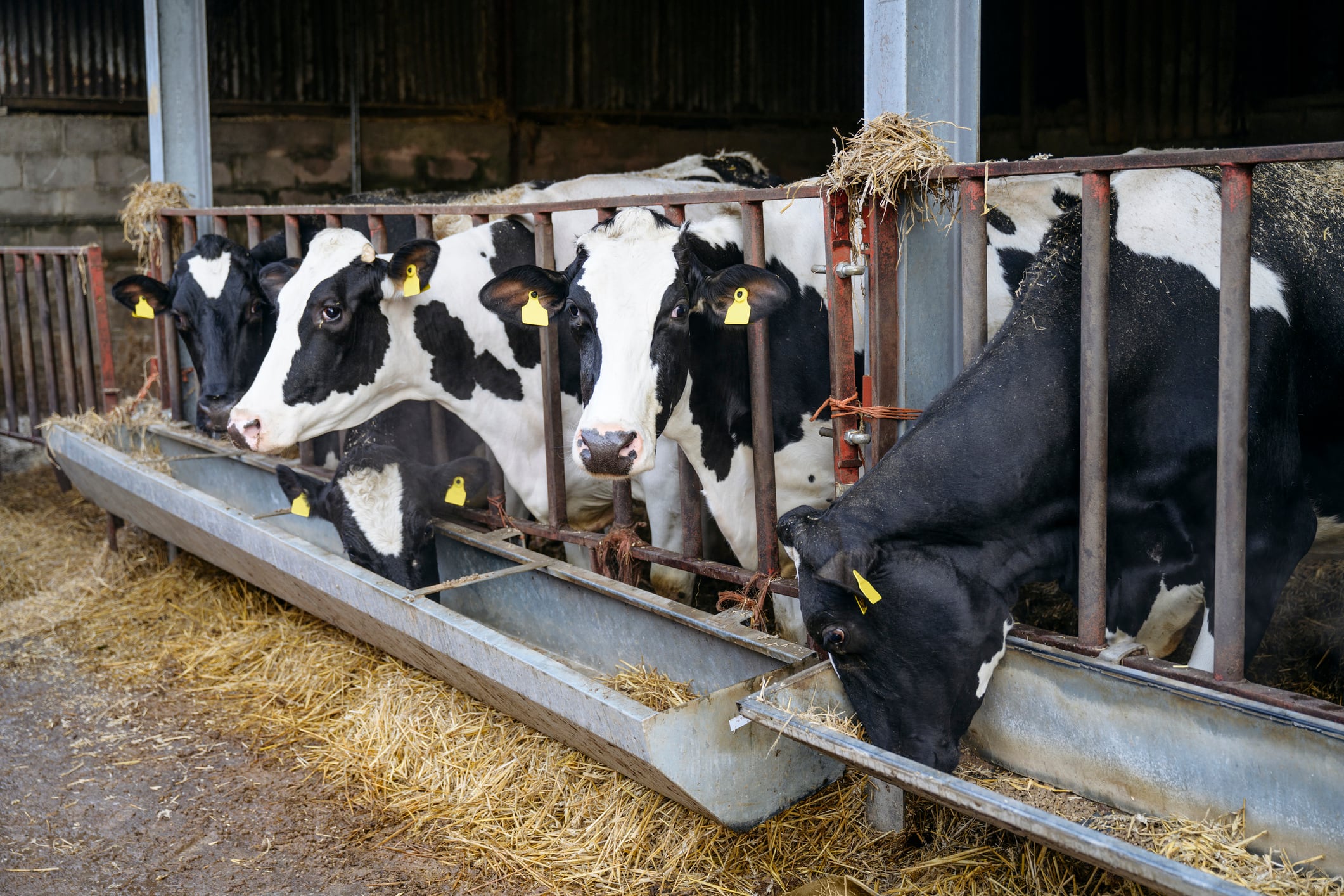Coming into effect on December 31, 2025, EUDR will require all coffee and cacao exports entering the European Union (EU) to be deforestation-free and fully traceable.
For smallholder coffee and cacoa farmers in Indonesia, the inability to comply could be devastating, as over 30% of Indonesia’s coffee export value linked to Europe.
Smallholders are particularly vulnerable due to their limited technical resource and capabilities, as well as the unclear requirements.
“Broadly speaking, many smallholder coffee and cacao farmers are aware of EUDR, but the extent of their knowledge varies greatly. This is often due to unclear requirements and limited technical capacity. Smallholders often lack access to the geolocation tools, internet connectivity, and administrative systems needed for compliance, leaving them at risk of exclusion from EU markets despite sustainable practices,” said Jon Trask, CEO of Dimitra, an agricultural technology firm.
For instance, some smallholder farmers believe that the EUDR only applies to larger farms. Or they may think it would be unattainable for them.
Dimitra and Surveyor Indonesia, an Indonesian state-owned enterprise engaged in surveys, inspections and consultations, have launched a national campaign to onboard up to three million smallholder coffee and cacao farmers into the EUDR compliance process.
The campaign onboarding campaign will focus on high-risk areas, particularly Kerinci in Sumatra and Central Sulawesi, where smallholders are most vulnerable.
“These areas are much more remote, with poorer internet infrastructure in place and oftentimes no formal land titles, making activities like mapping and documenting more difficult, time-consuming, and more costly,” said Trask.
The realities of compliance
For smallholder coffee and cacao farmers, complying with EUDR is a complex and resource-heavy process.
“EUDR compliance means more than just signing a form, and this applies to farmers of all sizes. To meet these requirements, farmers must map their land using GPS, prove no trees were cleared on their land since 2020, register their legal status and plantation land, and keep harvest records. This is the only way to retain access to the European market, and without support, this is a big ask – particularly for smallholders,” said Trask.
Dimitra supported the campaign by deploying Connected Coffee and Connected Cacao, which are applications designed to simplify the compliance process for the farmers.
There are based on its Connected Farmer platform, which technologies like AI, blockchain, and satellite imagery giving farmers the information they need to make informed decisions and comply with EUDR.
“The apps act as a one-stop-shop, if you like, for farmers, encompassing things like mapping, record-keeping, and even supply chain traceability, while facilitating the collection and submission of the legal status of farmers, their farmlands, and essential geodata at the farm level. The apps also broaden the accessibility of Dimitra’s services, as they are accessible to those even in rural areas like Kerinci and Central Sulawesi.
“The Connected Coffee and Connected Cacao apps simplify the compliance process massively, eliminating the need for mounds of paperwork and replacing it with something simple and usable that farmers can access on their phones. These apps not only make the compliance process easier, but also cheaper and faster,” said Trask.
Dimitra will continue to support smallholders after deployment, Trask said.
“Using a combination of satellite imagery and AI, connected farms will be checked regularly for issues pertaining to deforestation, with farmers being notified if any issues are detected. Dimitra will also continue to store data about farms, such as geolocation, land-use history, and production data, should they be required to present them in a future audit scenario/
Addition, it has launched a website with with Surveyor Indonesia that offers training on swift and independent digital registration for Indonesian farmers and enabling cooperatives to issue their own due diligence statements (DDSs).
“Compliance is not a once-off hurdle farmers will need to overcome. It’s a changeable, living process that requires continuous work to achieve, and Dimitra is dedicated to making this process as simple as possible for everybody.”
Word on the ground
According to Trask, smallholders are responding with a “mix of caution and optimism”, seeking clarity and practical support to meet EUDR requirements.
“I think agriculture is an adaptive industry by necessity; farmers manage volatility every season. So, the capacity to adjust is there. Right now, most are cautiously engaged. That means they want clarity on what’s required, practical support to get there, and confidence that the effort will be recognised by the EU.”
Despite the challenges, the industry broadly recognises the long-term benefits this transition can bring, said Trask.
“Once the core infrastructure is in place, the possibilities expand significantly. Farmers gain access to agronomic insights that can help improve their yields, reduce waste, and conserve soil health. For buyers, it means that they can verify the quality of the raw materials and their origin in real time. This not only builds a sustainable and traceable supply chain, but it can also help in building trust,” said Trask.
He added that over time, the same systems used for EUDR compliance could also be leveraged for carbon credits, biodiversity monitoring, and adapted to support potential climate resilience strategies.
“I am hopeful that in the long term, this will help in bringing transparency and fuel consumer confidence, which in turn will drive greater investment in the agricultural and environmental ecosystem.”





